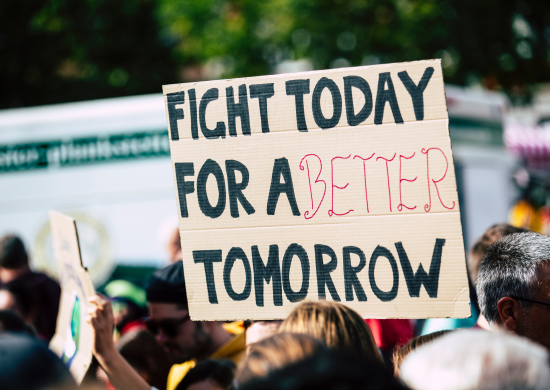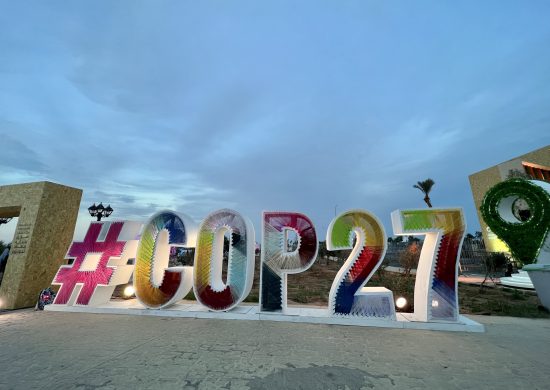The past 12 months have seen unprecedented progress in the international response to the climate crisis. The historic agreement reached this weekend among almost 200 nations meeting in Kigali, Rwanda, to phase down hydrofluorocarbons (HFCs) – factory made refrigeration chemicals with supercharged global warming impact – is another big step forward.
The agreement is grounds for celebration in its own right (scientists estimate phasing out HFCs can prevent up to 0.5 degrees Celsius of warming in the next 100 years). But coming on the heels of news that the landmark climate accord in Paris last December has taken effect and that an international deal has been inked to cut climate pollution from aviation, the Kigali accord makes 2016 a banner year for climate action.
Of course, there’s always the danger that all this justified celebration could lead to complacency. We can’t let that happen.
As scientists have noted, to avert the worst-case scenarios of global disruption from a warming planet, we must not only maintain this momentum, but accelerate progress.
The first order of business should be to make sure the Kigali agreement is implemented quickly, and that developing countries get the assistance they need to do their part. But then what?
What many people may not realize is that while accelerated cuts to carbon dioxide emissions are irreplaceable, there are other powerful climate-warming pollutants like HFCs that are more potent than carbon dioxide and short-lived. So reducing them now can bring lasting benefits—a point the New York Times Editorial Board noted in its own analysis of the HFC breakthrough. Methane can leak from oil and gas drilling and pipelines, and is emitted by landfills, manure and other sources. Black carbon results from inefficient burning of fossil fuels – diesel engines on cars and trucks and oceangoing ships are key – among other sources. Cutting super-pollutants, like black carbon, has the added potential to improve health and save lives.
The good news is that there are important opportunities for progress on both methane and black carbon coming up soon. Here are three of the most promising:
- Planes, automobiles—and ships: A committee of the International Maritime Organization is meeting in London later this month. On the agenda is whether the shipping industry joins the rest of the world’s economy in accepting a limit on their greenhouse gas emissions. Recent years have seen steady progress on pollution from planes and automobiles—it’s time for ships to get on board. Black carbon is just one of the many pollutants that ships can emit when they ply open waters. Ships can improve their efficiency, install scrubbers and switch to cleaner renewable and synthetic fuels – if the industry acts.
- Put a filter on it: Most of the world’s top vehicle markets, like the U.S., Japan and Europe, require their trucks and buses to install diesel particulate filters. These filters trap the black carbon, so their exhaust is cleaner, and we can all breathe easier. China and India have committed to do this and other nations should follow their lead. The G20 is providing a forum for countries to collaborate with each other on how to make further progress.
- Plug the (methane) leaks: The U.S. recently issued rules to reduce the methane pollution that leaks from new oil and gas infrastructure. Mexico and Canada have recently committed to join the U.S. in reducing this pollution 40 to 45 percent by 2025. All three countries are now in the process of determining how to limit this industrial pollution through stronger requirements for regular monitoring, leak detection and repair.
Pursuing these and other opportunities can allow us to harness the power of adding fast-acting reductions of super pollutants to existing efforts to tackle the climate crisis. Scientists agree that if we prioritize rapid cuts in super pollutants, we can improve the chance of keeping Earth’s temperature increase to less than 2 degrees Celsius.
So let’s celebrate the great news from Kigali, the promise of Paris—and salute the years of hard work by so many that made these breakthroughs possible. Then tomorrow morning, let’s keep the momentum building in the days and months ahead to ensure the safe and stable climate people need to thrive.



